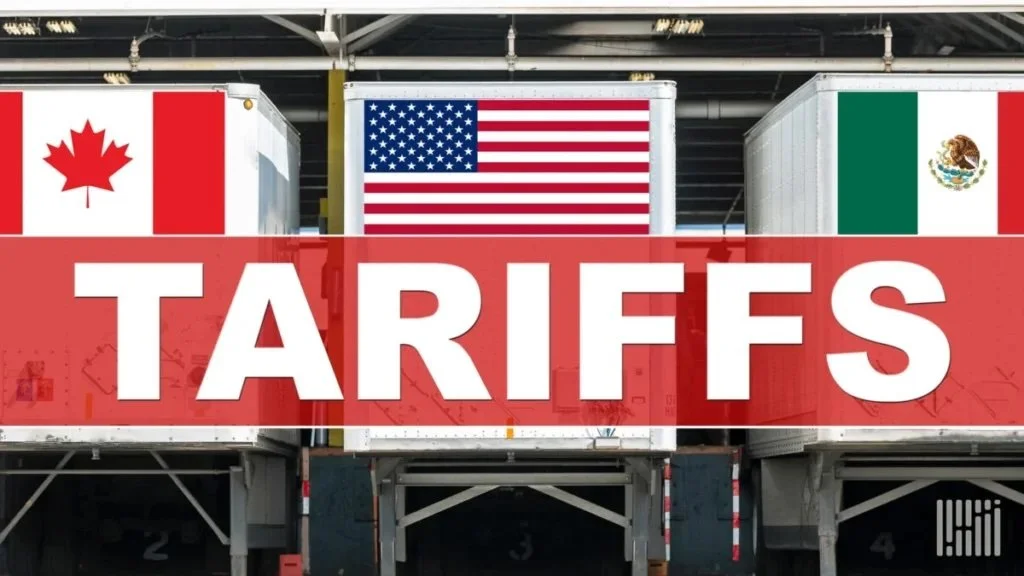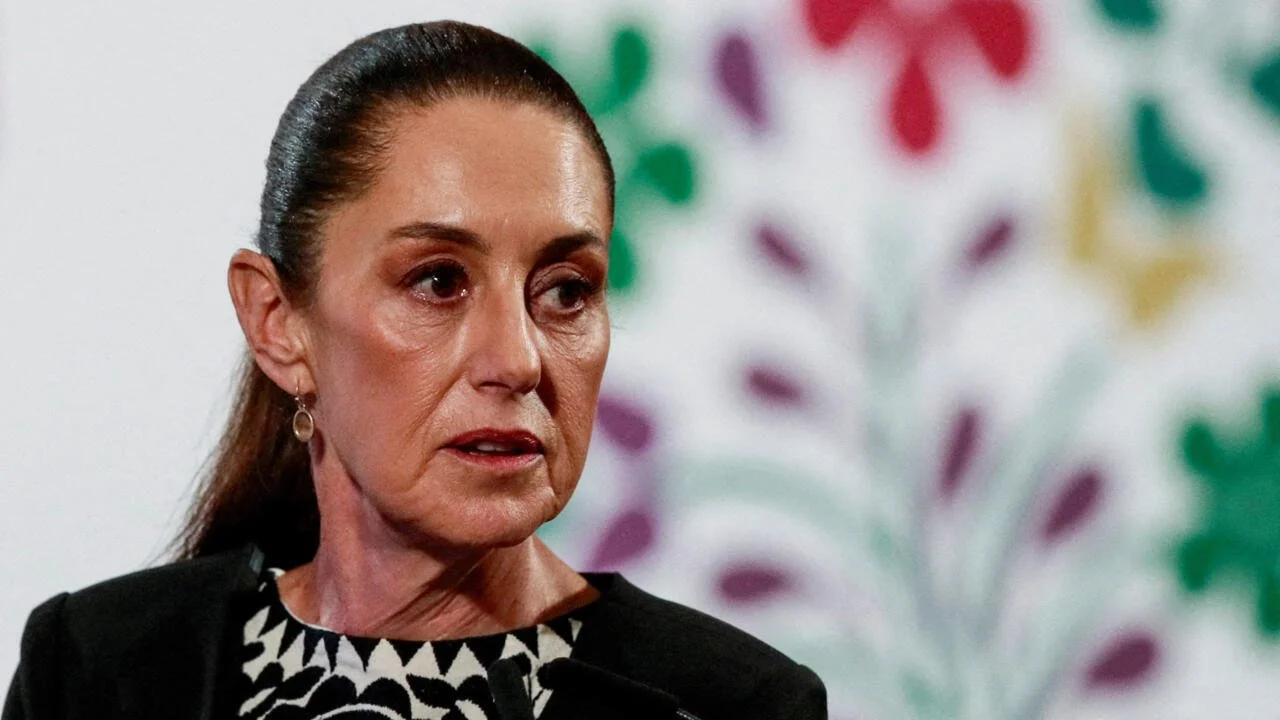Mexico to impose tariffs on non-trade deal partners
Government’s 2026 draft budget includes new tariffs on nearly 1,500 imported goods.
Measures target countries without free trade agreements, especially China and other Asian exporters.
Officials say tariffs aim to protect domestic industry and raise fiscal revenue.
Critics warn of higher consumer prices and potential strain on international relations.
Debate comes as Mexico prepares for USMCA renegotiations in 2026.
Mexico City, September 22 — Mexico’s government has confirmed that its 2026 draft budget includes a sweeping plan to impose tariffs on a wide range of imported products, in a move officials say is intended to protect national industry and strengthen fiscal revenues.
The proposed measures would affect nearly 1,500 goods, from automobiles and steel to textiles and chemicals, largely targeting imports from countries without trade agreements with Mexico. That includes China, which in recent years has grown into one of Mexico’s top trading partners.
Shielding Domestic Industry
Finance officials argue the tariff plan is designed to defend local manufacturers from what they describe as unfair competition from heavily subsidized imports. President Claudia Sheinbaum has stressed that the move is not directed against any single country but rather seeks to “level the playing field” for Mexican producers.
“This is about sovereignty in trade policy and ensuring that Mexican workers and companies are not undercut by external distortions,” said Deputy Finance Minister Jorge López. “Our budget reflects a balance between openness and protecting national interests.”
Economic Risks
Business leaders and economists, however, warn that the tariffs could backfire. With nearly 20 percent of Mexico’s imports currently sourced from China, analysts say the measures may drive up costs across industries and filter down to consumers in the form of higher prices.
“Tariffs act like a hidden tax,” said international trade analyst Oscar León. “They may help one sector, but they increase costs across the economy. Mexico’s inflation is already fragile, and this could worsen the burden on households.”
Some industry groups have lobbied for exemptions. The National Auto Industry Association said tariffs on auto parts could slow the sector’s transition to electric vehicles, while textile importers warned of shortages and price spikes.
Global Context
The timing of the proposal has drawn particular scrutiny. The tariff plan is embedded in Mexico’s 2026 federal budget, which comes just as Washington ramps up pressure on both Mexico and Canada to toughen trade restrictions on Chinese goods. U.S. lawmakers have warned that a flood of cheap imports threatens North American supply chains and undermines the spirit of the USMCA trade pact.
Analysts say Mexico’s decision to raise tariffs may be as much about diplomacy as economics. “This positions Mexico in alignment with U.S. concerns ahead of next year’s USMCA renegotiations,” León said. “But it risks alienating China, which has become a critical partner in sectors like telecommunications and energy.”
International Reactions
China’s Ministry of Commerce has called on Mexico to reconsider the plan, warning that “protectionist measures undermine investor confidence and harm long-term competitiveness.” Chinese automakers such as BYD, which has announced plans for a new plant in Mexico, stand to be among the hardest hit.
Meanwhile, Canadian officials have welcomed the proposal, signaling that Mexico and Canada may coordinate positions in anticipation of difficult talks with Washington.
Looking Ahead
The draft budget is now before Mexico’s Congress, where it will be debated in the coming weeks. Lawmakers are expected to weigh economic stability against industrial policy goals, with lobbying from both domestic business groups and foreign governments certain to intensify.
For consumers, the most immediate impact may be higher prices on everyday goods ranging from clothing to electronics. For Mexico’s policymakers, the stakes are even higher: how to protect domestic industry while maintaining competitiveness in an increasingly polarized global economy.
“Mexico is walking a tightrope,” León said. “Protecting local industry is a legitimate goal, but if tariffs trigger retaliation or push up costs too sharply, the country could lose more than it gains.”




